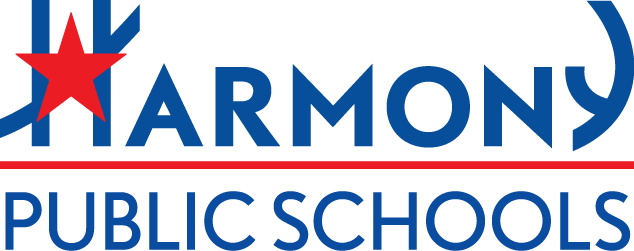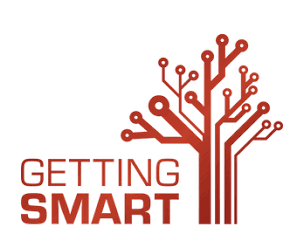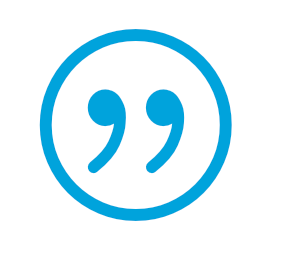
Career Pathways through Micro-credentials
Through competency-based micro-credentials Harmony Public Schools is redefining educator career pathways and unifying systems that support teacher growth and career advancement including professional development, licensure, incentive-based pay, and educator evaluation.

Building a Vision for Educator Effectiveness and Instructional Excellence
Micro-credentials accelerate the Core4 and are rooted in the Arc of the Year
Micro-credentials are an integral part of Harmony’s PD culture through practice-based learning
Micro-credentials are integrated with instructional leadership and coaching
Micro-credentials link performance and career pathways
Educators have opportunities to earn multiple micro-credentials to grow professionally and advance their career
Hear What Educators Are Saying
Watch the video to hear what other Harmony educators have to say about their experiences with micro-credentials.
Incentives and Benefits
Harmony teachers are:
- Teacher leaders who are always striving to become better practitioners
- Reflective and open to new challenges
- Innovative and earn micro-credentials because it allows them to play a critical role in shaping competency-based professional earning for educators across the state and country
Educators who earn micro-credentials are eligible for the following benefits and incentives:
15 CPE hours
Career advancement and professional growth (evaluation portfolio, goal setting, and “aspiring” programs)
Opportunity to earn a TIA teacher designation (40% of teacher portfolio component can be completed with earned micro-credentials)
$500 stipend: Awarded one time a year for earning at least 3 MCs from the same role card program within the same school year. Educators will be eligible to earn this one-time stipend each year. Only available for teachers and bands 5/6.
Don’t Go It Alone! Leverage Your Supports
While individuals are welcome to engage with micro-credentials on their own, we find that educators experience the most success when they work collaboratively with others or when receiving guided support from a supervisor, coach, or mentor.
Additionally, embedding micro-credentials into existing PLCs and professional learning experiences is a great way to add clarity and structure, as well as ensure implementation of learning into day-to-day work.
Note: though collaboration is encouraged, all submissions must still be unique representations of an educator’s individual competency! Evidence that is identical or nearly identical to another submission will not be accepted.
How Micro-credentials Work
A micro-credential is earned by demonstrating competence in a specific skill via a portfolio of evidence created through classroom practice. All micro-credentials are based on a robust, standardized blueprint, grounded in four areas of instructional efficacy research including, cycles of inquiry, job-embedded supports, rigorously calibrated assessment, and portfolio-based learning.
All-Access Micro-credentials
These micro-credentials contain the essential competencies for classroom teachers at Harmony. All HPS educators and leaders should see these micro-credentials on their dashboards. For questions related to teacher-focused micro-credentials, please reach out to Burak Yilmaz.
Leader Focused Micro-credentials
This list represents Harmony’s key leadership focused micro-credentials. For questions related to leadership micro-credentials and access to this content, please reach out to Sibel Cankurt.
Teacher Incentive Allotment (TIA) and Designation
Micro-credentials play an important role in Harmony’s TIA plan starting with 2020-21 school year. Teachers must earn multiple micro-credentials in order to maximize their overall performance score, which can help them earn a designation!
Helpful Resources



Case Studies & Testimonials
Coming soon!
How do I participate?
It’s very likely you already have a BloomBoard account! If you’re not sure of your login credentials go to https://my.bloomboard.com/ and click “Forgot Password.”
